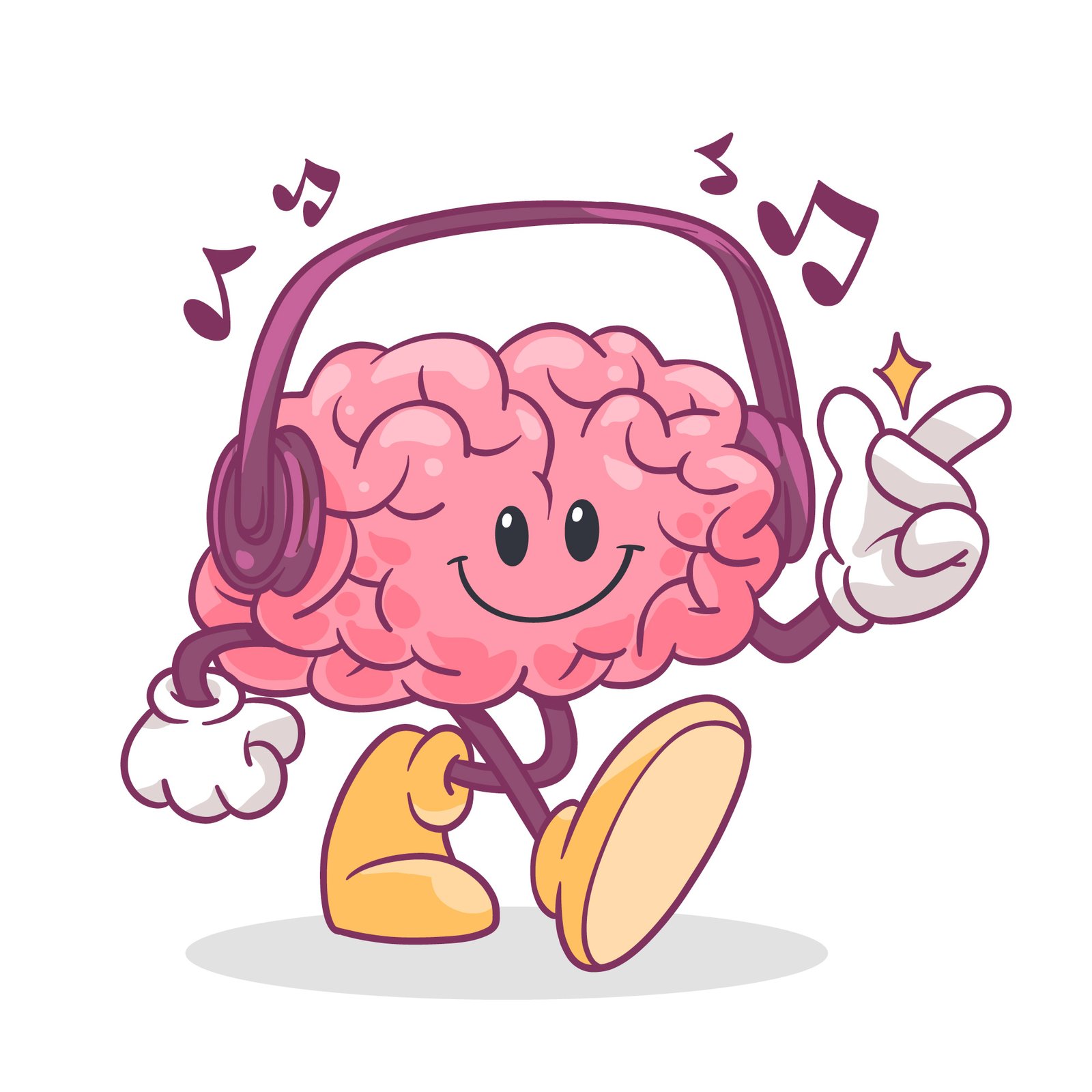Laughter, often referred to as the best medicine, is far more than just a spontaneous reaction to humor. It’s a complex psychological and physiological response that can bring remarkable changes to our emotional and physical well-being. In an increasingly stressful world, where burnout and anxiety are on the rise, understanding the psychology of laughter may hold the key to unlocking a healthier, happier life.
“A day without laughter is a day wasted.”
— Charlie Chaplin
But what exactly happens when we laugh? Why do we feel lighter, more connected, and even energized afterward? Let’s explore how laughter works, its profound impact on wellness, and how incorporating more humor into your life can become a natural remedy for both mind and body.
What Happens in the Brain When You Laugh?
When someone laughs, it’s not just the sound that signals joy — the brain goes through a delightful cocktail of reactions. Laughter activates several regions of the brain, including:
● The amygdala (responsible for emotions)
● The prefrontal cortex (decision-making and reasoning)
● The hypothalamus (which regulates stress)
These regions release feel-good chemicals like dopamine, endorphins, and serotonin, all of which elevate mood, reduce stress, and improve mental clarity.
In short, laughter creates a physiological reaction similar to exercise. It raises heart rate, stimulates organs, and boosts oxygen intake — all while making you feel genuinely good.

Healing Benefits of Laughter on Mental Health
From a psychological standpoint, humor acts as a coping mechanism. People who laugh more often tend to have lower levels of depression and anxiety. In fact, therapeutic practices like laughter yoga and humor therapy are now commonly integrated into mental wellness routines.
Here are a few science-backed benefits of laughter for mental health:
Want to reduce stress naturally? Check out this helpful guide on how to manage stress in your daily life.
| Benefit | Explanation |
| Reduces stress hormones | Lowers cortisol and adrenaline levels, reducing anxiety and tension |
| Enhances mood | Triggers dopamine and serotonin, acting as a natural antidepressant |
| Boosts resilience | Helps manage difficult situations and increases emotional flexibility |
| Improves social connection | Promotes bonding and strengthens interpersonal relationships |
| Enhances perspective | Offers a humorous outlook, making challenges seem less threatening |
Laughter as a Physical Wellness Booster
Laughter not only uplifts your mood but also brings surprising physical benefits. When we laugh, the diaphragm moves rapidly, and that movement massages internal organs and boosts circulation. It’s like a mini workout for your internal systems.
A 10–15-minute laughing session can:
● Increase heart rate and blood flow
● Strengthen the immune system
● Lower blood pressure
● Improve pain tolerance by releasing endorphins
Curious fact: According to research published on verywellmind.com, laughter therapy can significantly improve quality of life for individuals with chronic illnesses like cancer or arthritis.

Why Humor Should Be Part of Your Wellness Routine
Laughter is one of the most powerful social bonding tools. When people laugh together, they create shared memories and emotional safety. It breaks down barriers, builds trust, and enhances communication. This is why you’ll often see humor playing a central role in friendships, romantic relationships, and even successful workplaces.
In fact, studies show that couples who laugh together feel more satisfied and emotionally connected. Shared laughter acts as a signal of compatibility. It says, “We get each other.” Whether it’s laughing over a silly joke or finding humor in a tough moment, these instances promote empathy and resilience in relationships.
Want to strengthen your social life and well-being simultaneously? Practice laughter during your daily interactions — it costs nothing but gives everything.
Laughter’s Role in Building Stronger Relationships
Yes, it absolutely can! People often overlook how mental relaxation is essential for good sleep. A hearty laugh releases muscle tension, calms the nervous system, and sets the tone for restful sleep. Laughter helps in lowering cortisol — the stress hormone that often keeps people tossing and turning at night.
Imagine ending your evening with a funny video or a light-hearted conversation instead of doom-scrolling through the news. This small shift in bedtime habits can significantly enhance your sleep quality. You might also like reading how to fix your sleep schedule for more helpful tips on improving your sleep routine.
So next time you’re winding down for bed, skip the stress and invite a little laughter — your body and mind will thank you.
Can Laughing Help You Sleep Better?
Most wellness routines focus on diet, exercise, and sleep. But few talk about the role of humor in holistic health. Just as we eat nutritious food or do yoga, setting aside time to laugh or enjoy light-hearted moments is equally essential.
Try integrating these habits:
● Watch a comedy show while cooking a healthy meal. (See: Healthy Meal Plans for Beginners)
● Share funny moments with friends during a walk (like this 30-minute daily walk plan).
● Follow humorous social media accounts or read light-hearted blogs in the morning (instead of negative news).

Question of the Day: “Can laughter really replace medicine?”
Answer: While laughter may not replace traditional medicine, it can certainly complement it. For people dealing with chronic conditions or mental health struggles, laughter can reduce symptoms, ease tension, and make treatment more tolerable. In many hospitals, “clown therapy” or humor sessions are used to reduce anxiety in children and patients before surgeries.
Humor Across Cultures
Humor is universal, but it’s also deeply cultural. What’s funny in one country might be offensive or confusing in another. Yet, the act of laughing — the physical response — is the same everywhere.
In Japan, silent laughter exercises are used in meditation. In African cultures, community storytelling with humorous elements is seen as healing. Across Europe, laughter is often a part of public health and wellness events.
Practical Ways to Add More Laughter to Your Life
Need ideas to spark joy and laughter every day? Here are simple ways to get started:
● Start your day with a meme or a funny video.
● Attend a comedy show (live or virtual).
● Join a laughter yoga class — available in most cities and even online.
● Play games with family or friends.
● Recall funny childhood memories or write them down.
Laughter and Digital Wellness
In the digital age, humor often comes through memes, reels, and viral videos. But digital overload can steal our joy too. It’s crucial to balance your screen time so you can enjoy laughter without burnout. Learn more in this guide to digital detoxing.
Let’s Take Humor Seriously
In a world full of deadlines, expectations, and social pressures, laughter is a gentle reminder to live lightly. It’s free, easily accessible, and incredibly effective. Whether through a shared joke, a funny movie, or a spontaneous moment of joy — humor can heal in ways no prescription can.
So the next time life feels overwhelming, pause and ask yourself: “When was the last time I had a good laugh?”
